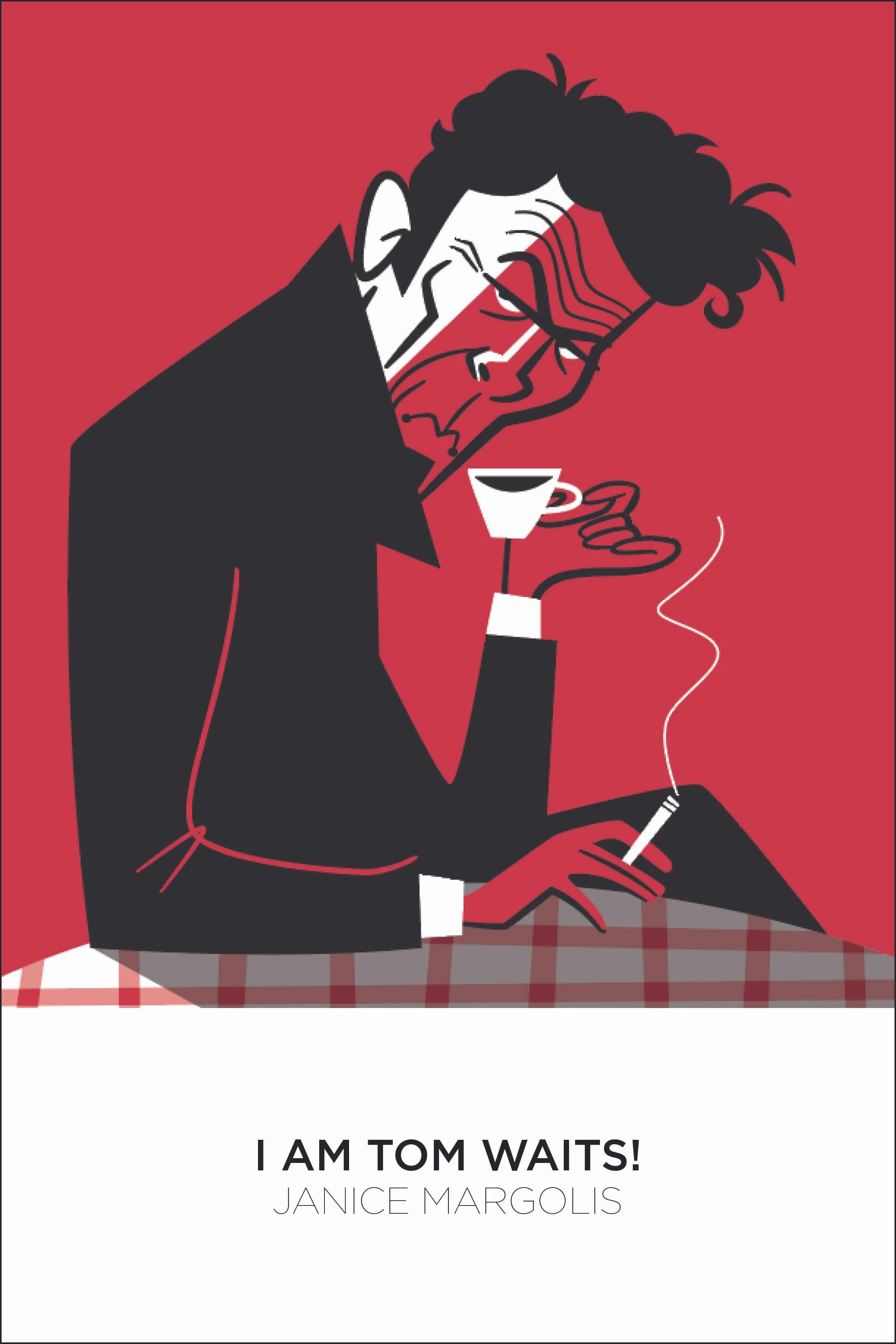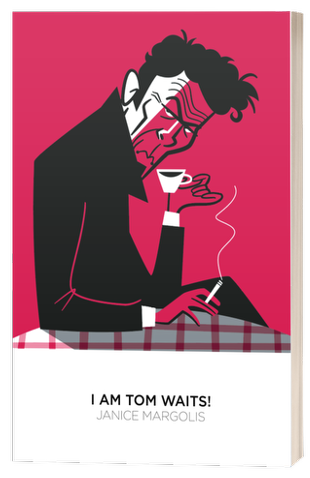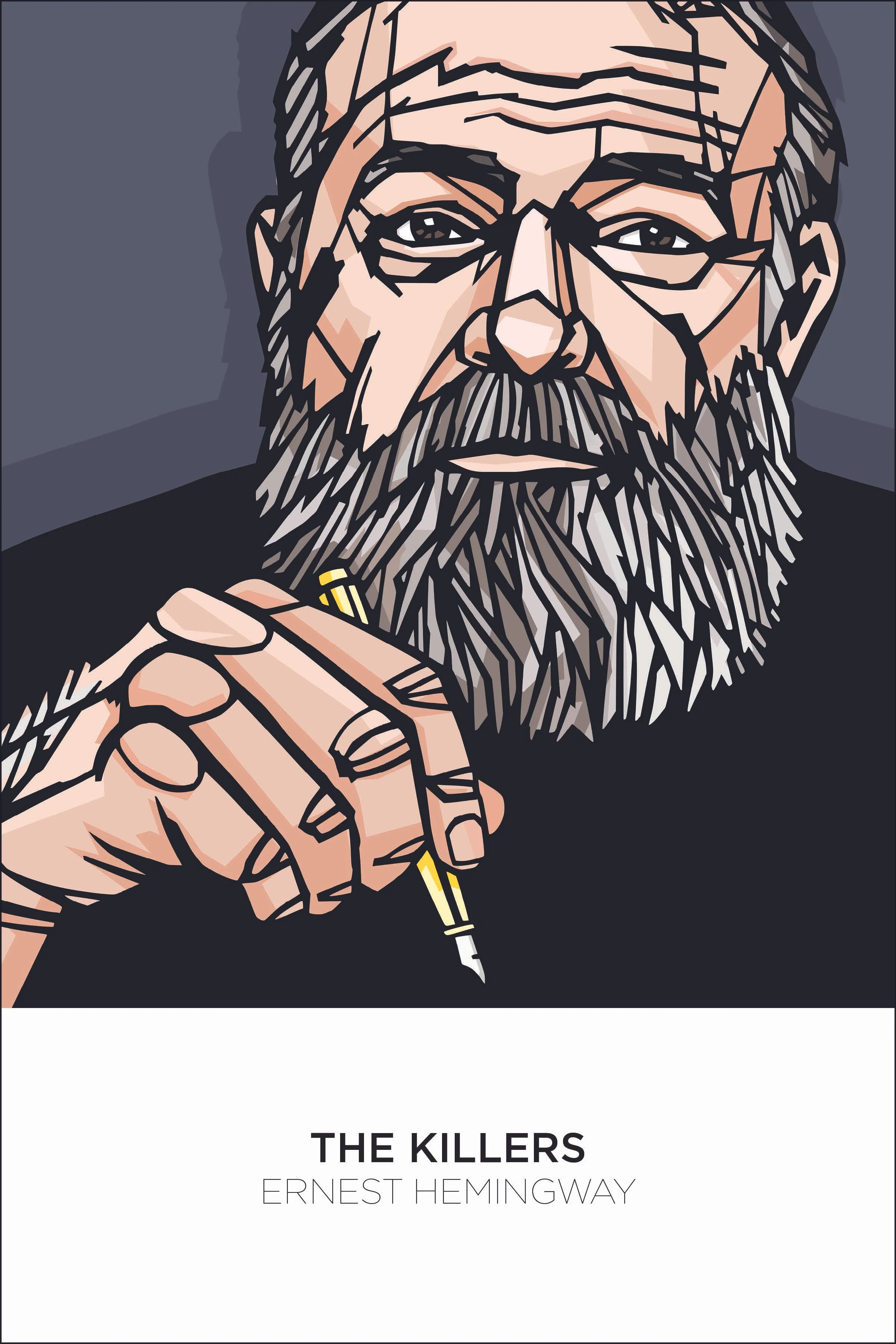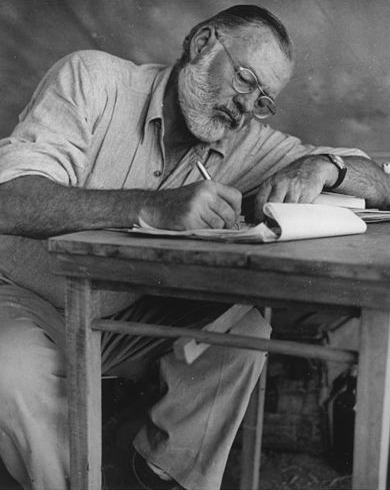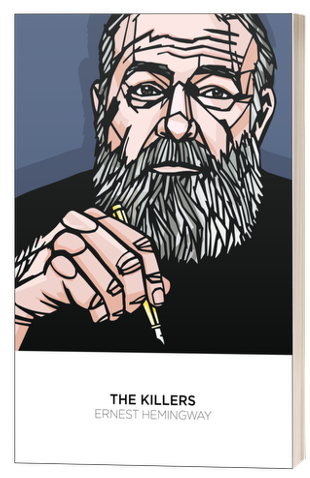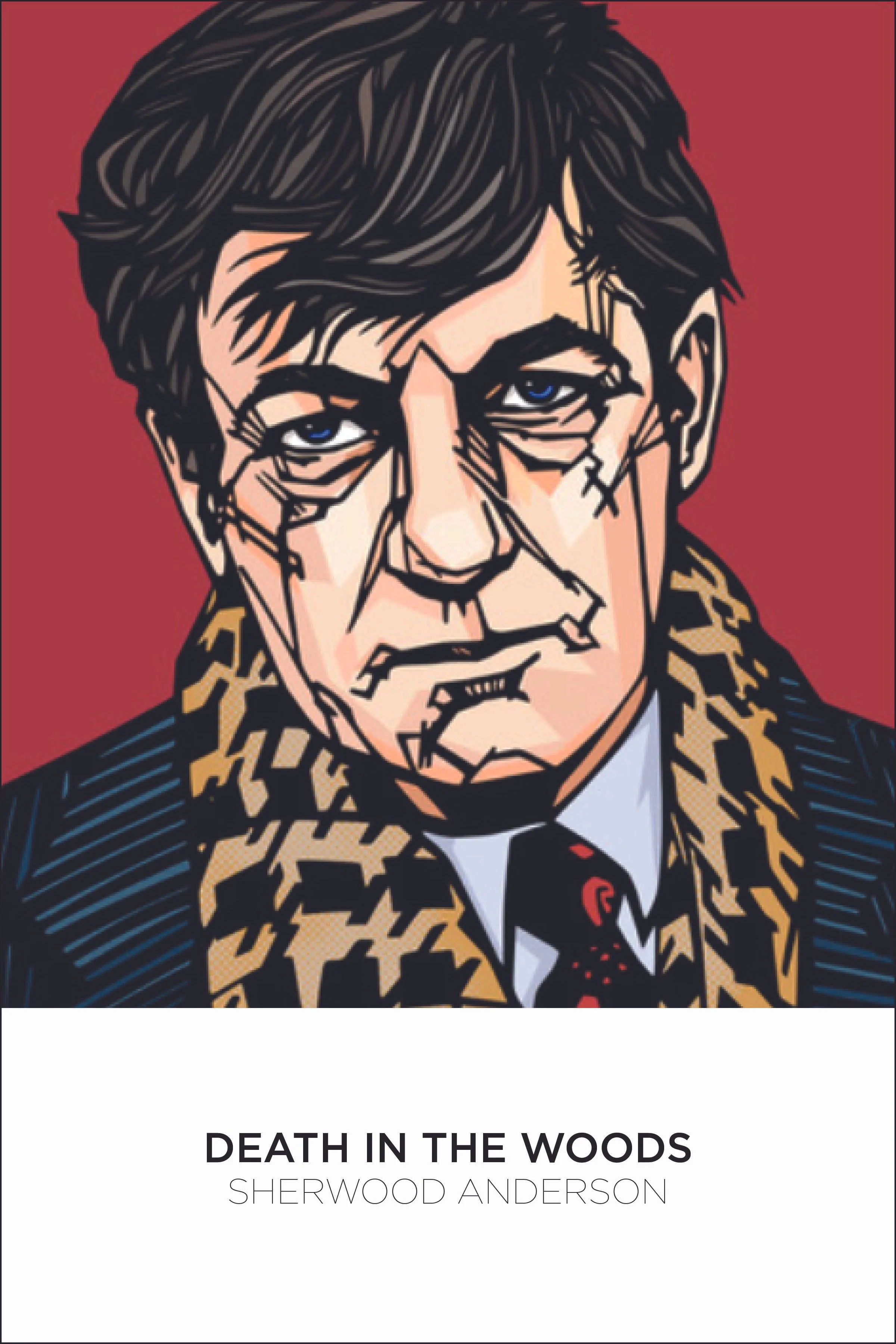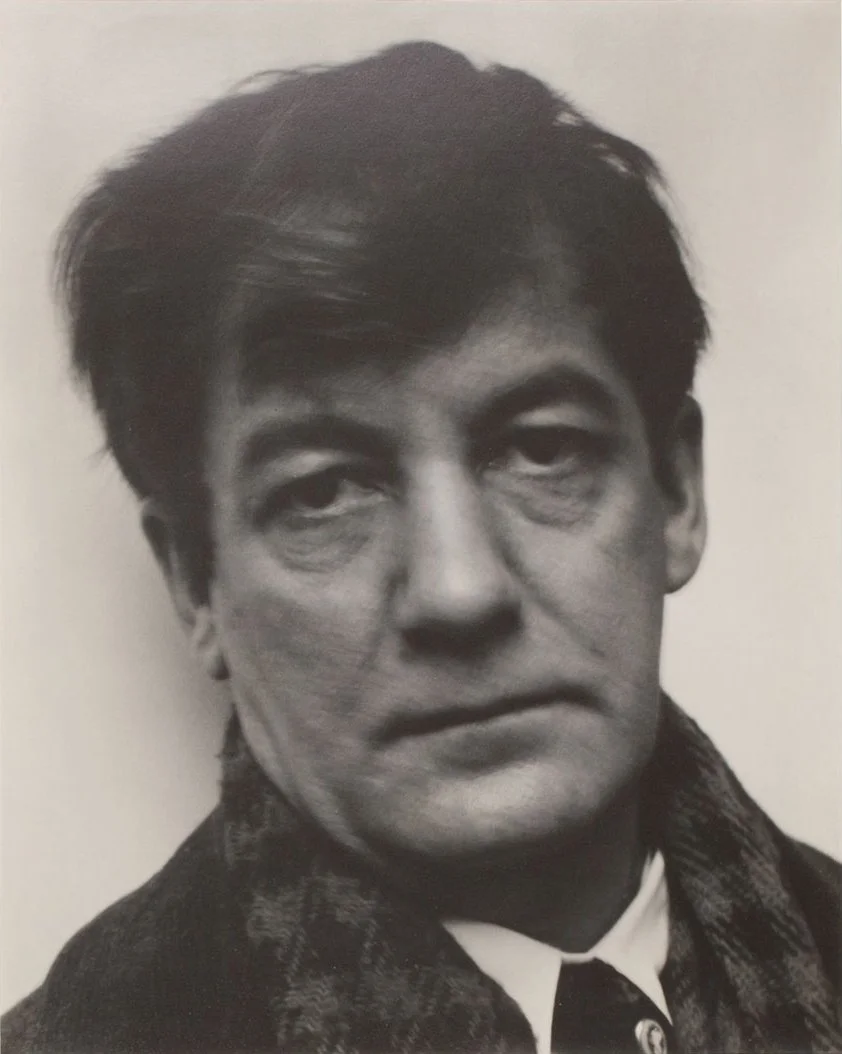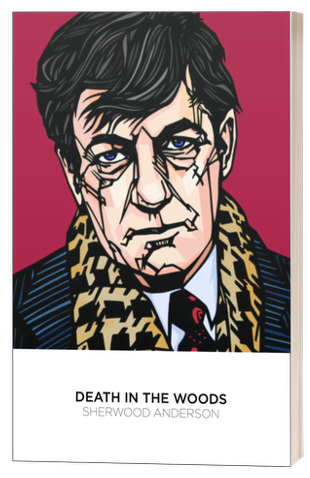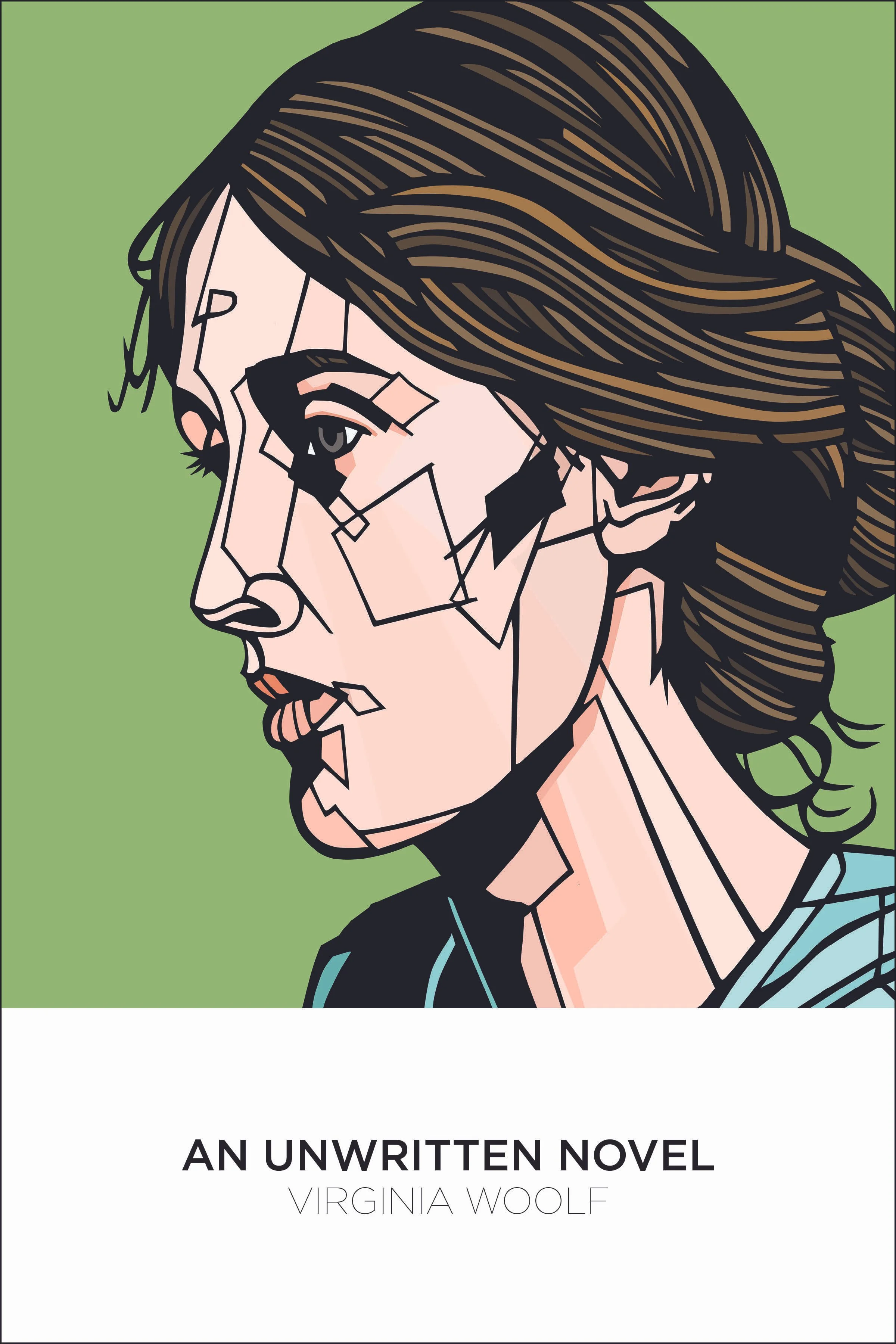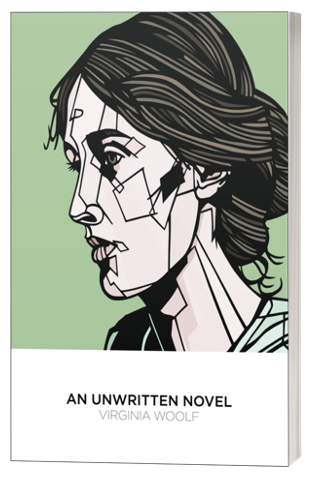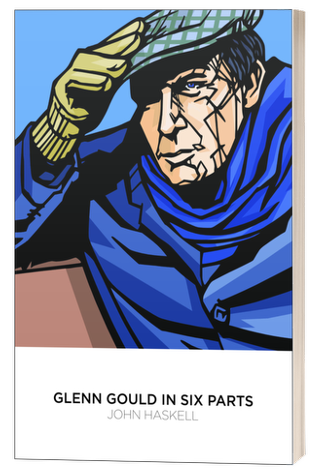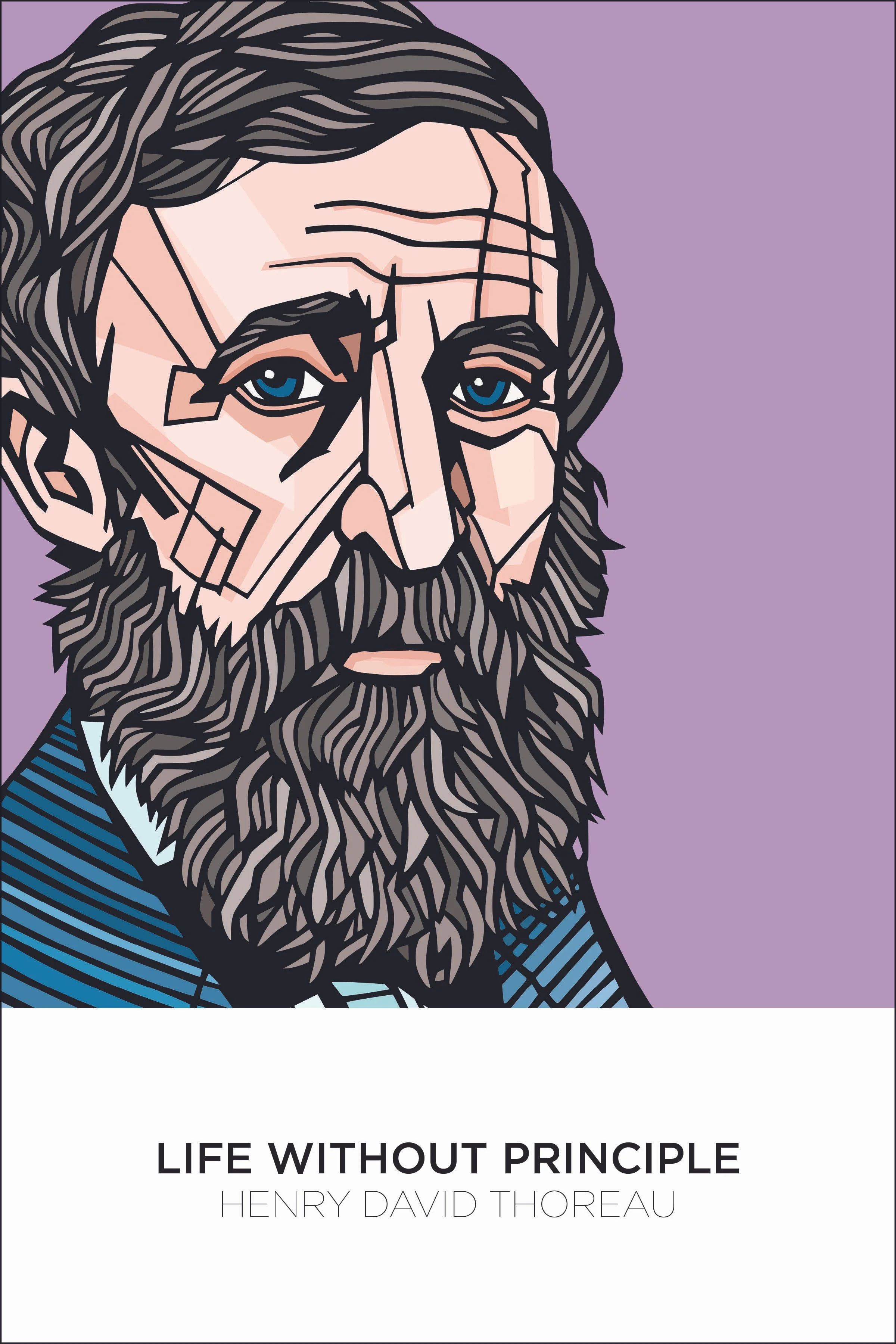 Image 1 of 3
Image 1 of 3

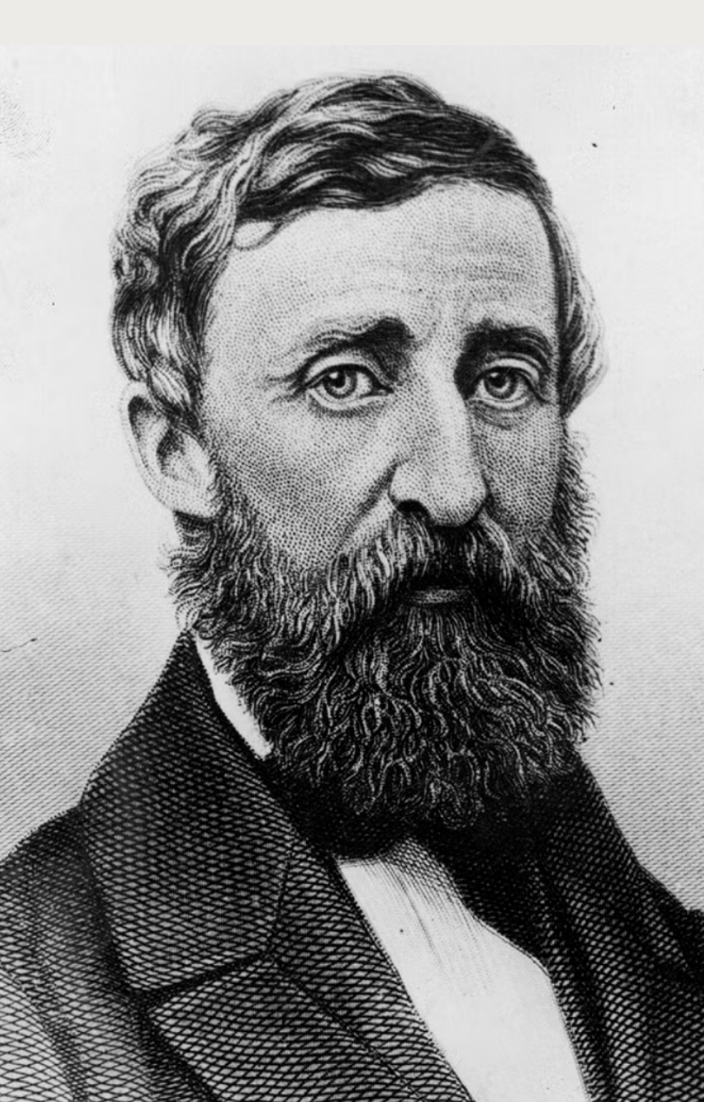 Image 2 of 3
Image 2 of 3

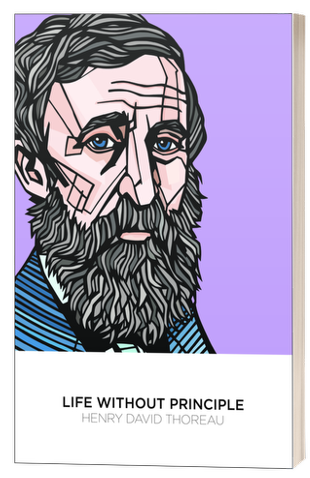 Image 3 of 3
Image 3 of 3




Life Without Principle | Henry David Thoreau
OCTOBER 14, 2025
PAPERBACK | 4 x 6 | 48 PAGES | $15.00
978-1-954992-21-4
ESSAY | PHILOSOPHY | CHAPBOOK
“When we want culture more than potatoes, and illumination more than sugar-plums, then the great resources of a world are taxed and drawn out, and the result, or staple production, is, not slaves, nor operatives, but men—those rare fruits called heroes, saints, poets, philosophers, and redeemers.”
Published in 1863, this essay, originally delivered as a lecture, challenges the wisdom of focusing on material wealth over moral and spiritual values.
Life Without Principle is a timeless reminder to all of us to reconsider what truly constitutes a life well-lived and to seek a path that leads to genuine satisfaction and ethical living.
Henry David Thoreau (1817-1862) was an American essayist, poet, and philosopher, renowned for his transcendentalist beliefs and his writings on nature and simple living. He is best known for his book Walden, a reflection upon his two-year experience living in a cabin at Walden Pond, and his essay, “Civil Disobedience.”
OCTOBER 14, 2025
PAPERBACK | 4 x 6 | 48 PAGES | $15.00
978-1-954992-21-4
ESSAY | PHILOSOPHY | CHAPBOOK
“When we want culture more than potatoes, and illumination more than sugar-plums, then the great resources of a world are taxed and drawn out, and the result, or staple production, is, not slaves, nor operatives, but men—those rare fruits called heroes, saints, poets, philosophers, and redeemers.”
Published in 1863, this essay, originally delivered as a lecture, challenges the wisdom of focusing on material wealth over moral and spiritual values.
Life Without Principle is a timeless reminder to all of us to reconsider what truly constitutes a life well-lived and to seek a path that leads to genuine satisfaction and ethical living.
Henry David Thoreau (1817-1862) was an American essayist, poet, and philosopher, renowned for his transcendentalist beliefs and his writings on nature and simple living. He is best known for his book Walden, a reflection upon his two-year experience living in a cabin at Walden Pond, and his essay, “Civil Disobedience.”

